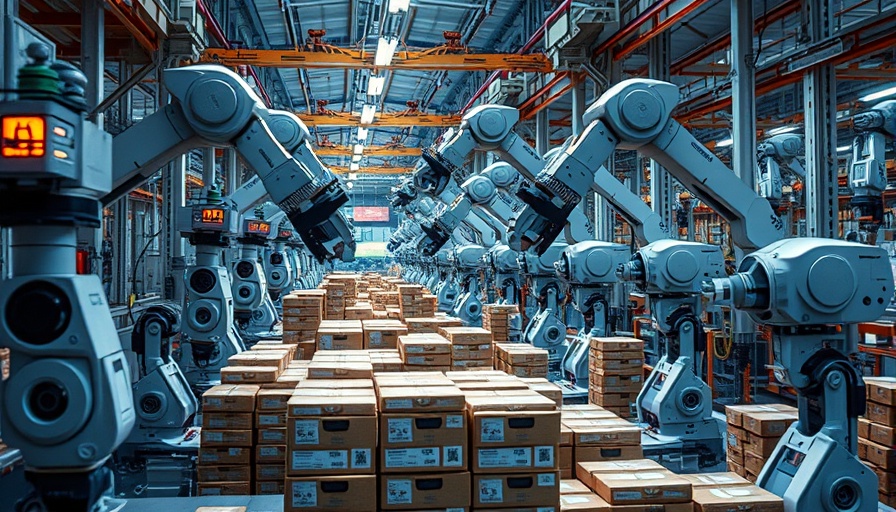
Understanding AI's Impact on Jobs
As AI continues to evolve, a new report from Microsoft reveals its potential to transform the workforce significantly. After analyzing over 200,000 conversations with its Copilot chatbot, researchers have drawn attention to the professions most at risk of automation. Interestingly, roles like interpreters and historians are among the most likely to be replaced, marking a pivotal shift in how we perceive job security in the face of advancing technologies.
Which Jobs Are Most At Risk?
The report highlights that interpreters and translators present a high AI applicability score of 0.49, indicating that AI can effectively replicate their tasks. This could mean that companies favor AI-driven tools, such as those from Google and Amazon, which excel in real-time translation, leaving these professionals facing uncertain futures. Similarly, historians, who rely heavily on research and data collation, saw an applicability score of 0.48, further emphasizing AI’s growing capabilities in knowledge-driven roles.
A Broader Perspective on Job Automation
In a world where AI continues to reshape various professions, it’s crucial to assess the broader implications of job automation. Research indicates that while certain jobs, particularly those involving coded tasks or repetitive activities, may be on the chopping block, positions requiring personal interaction or physical presence, such as nursing assistants and massage therapists, remain more secure. According to the findings, these roles are less likely to be automated due to their reliance on human empathy and physical capabilities that AI cannot replicate.
What About Security in Your Industry?
CEOs and business owners, especially those in companies generating over $5 million annually, are advised to evaluate the manual and automated aspects of their operations. High-risk professions like sales representatives and passenger attendants are also identified, positioned next to AI-driven innovations. As business leaders, staying informed about AI trends ensures strategic decisions can safeguard jobs and optimize human resources effectively.
Mitigating Risks and Embracing Opportunities
While the prospects of AI replacing jobs can be daunting, understanding these trends allows companies to pivot strategically. Business owners can focus on reskilling their workforce to adapt to the evolving market. Integrative tech training could empower employees to work alongside AI, enhancing productivity rather than replacing jobs.
Looking Towards the Future
There is an essential lesson to be learned: embracing change is crucial. Future-forward companies that cultivate environments for technological partnership and employee growth hold the key to thriving amid automation uncertainties. As leaders, maintaining open dialogues about AI's role in your business can lead to innovative solutions and morale boosting for your staff.
As we peer into the future, resistance to change may cost industries dearly; thus, engaging with these insights could ensure your business doesn’t just survive but flourishes in the face of automation.
 Add Row
Add Row  Add
Add 



Write A Comment